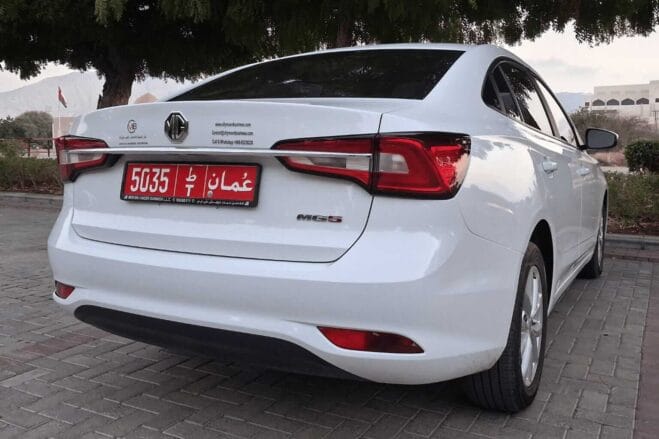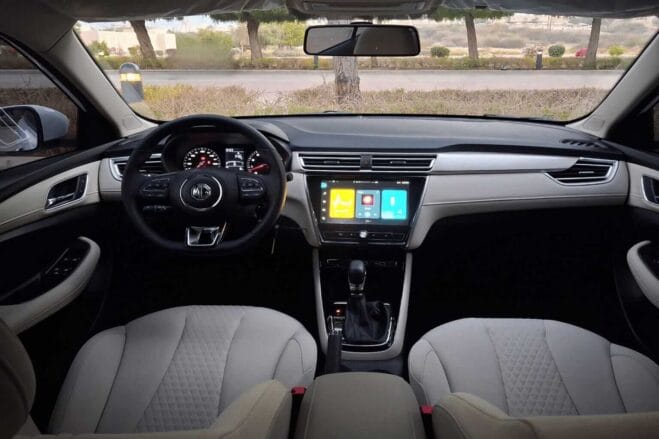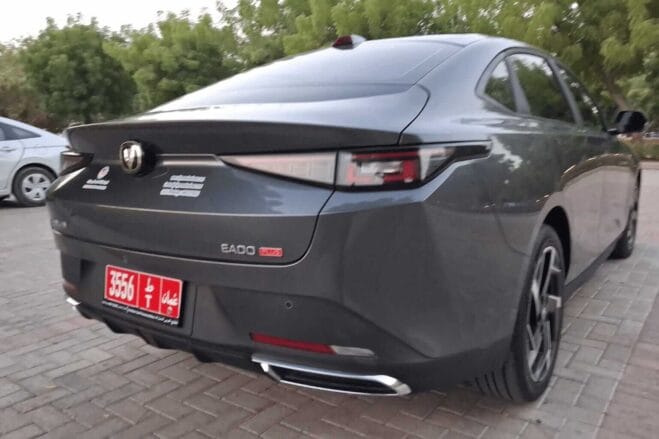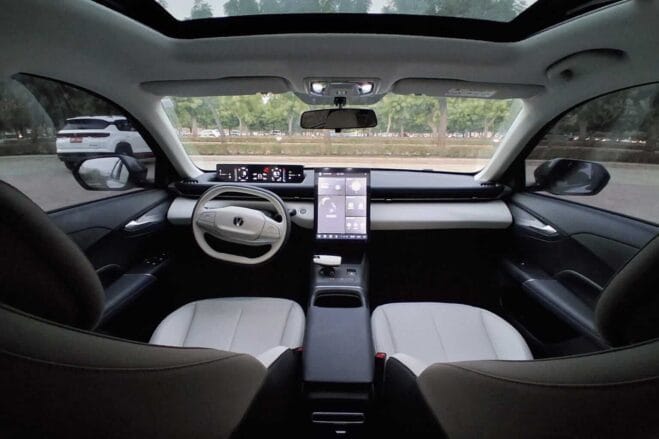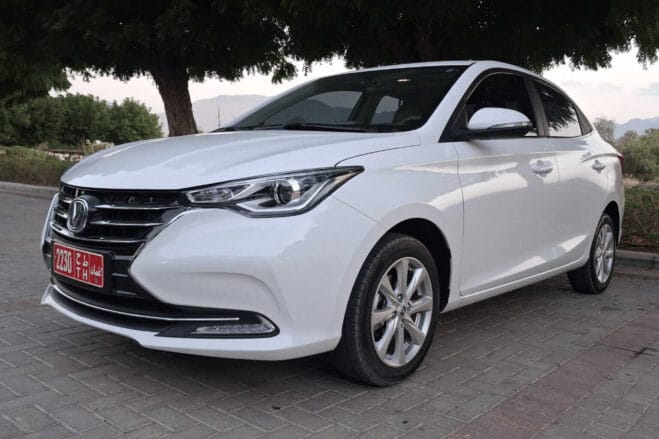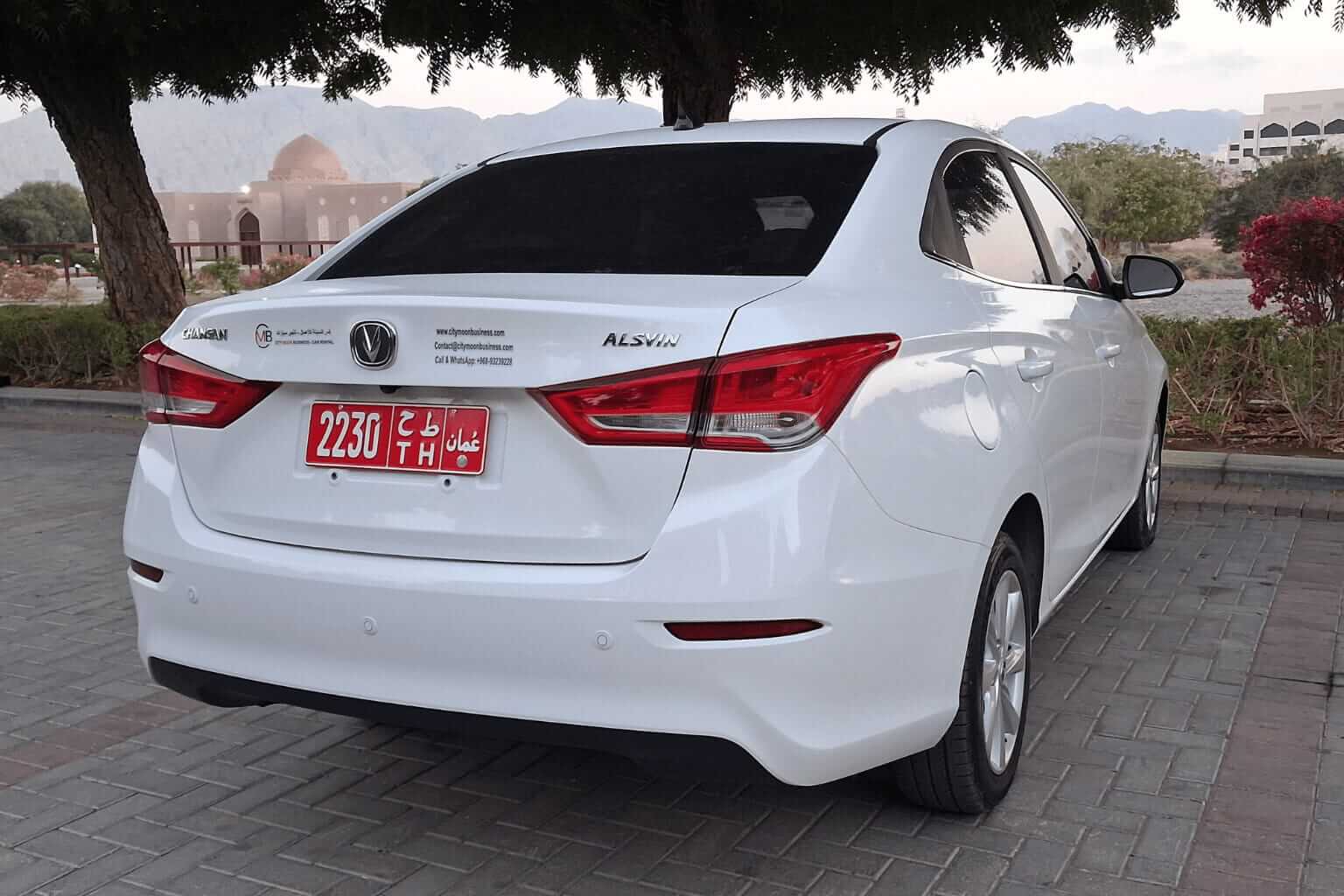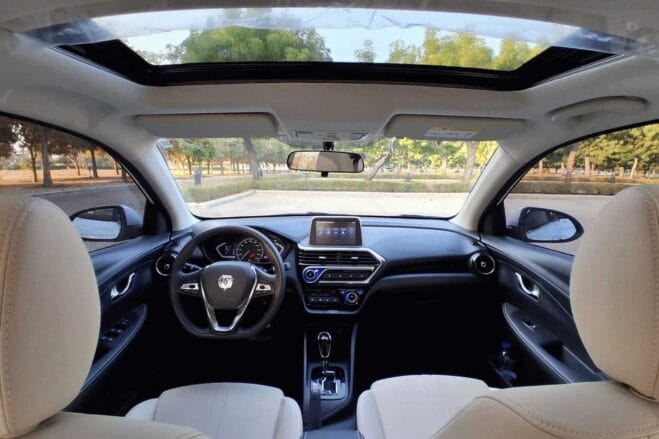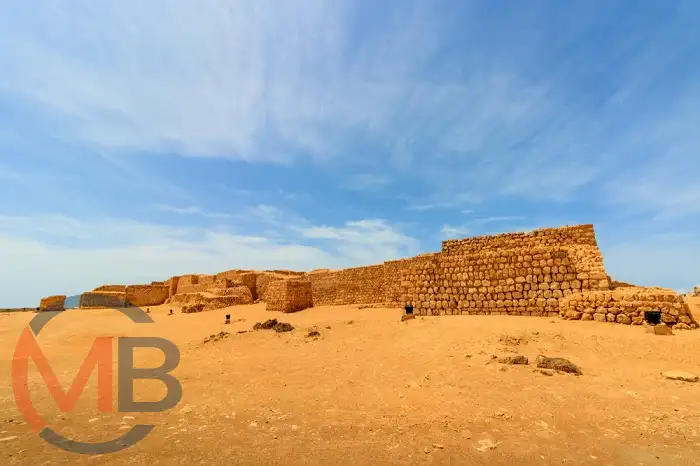
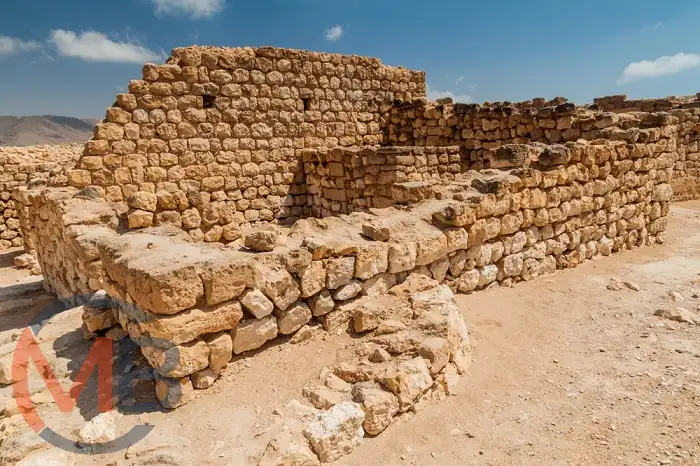
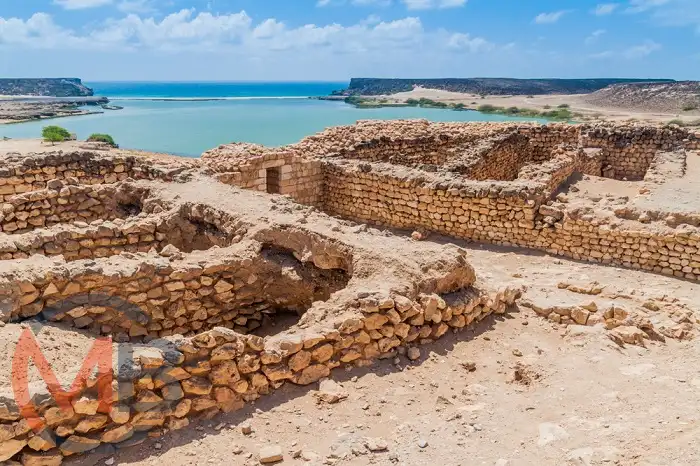
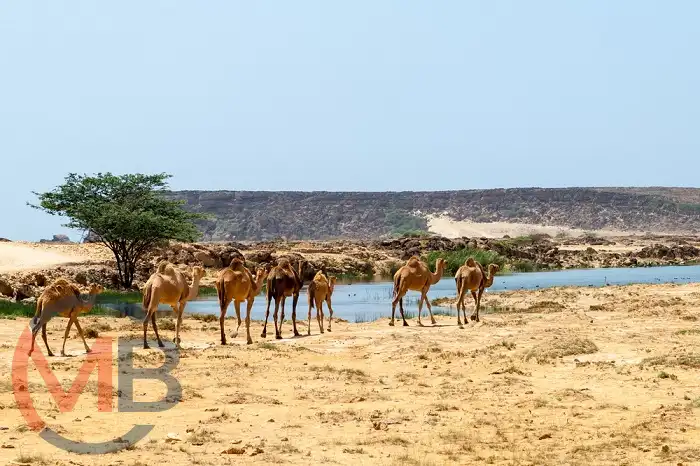
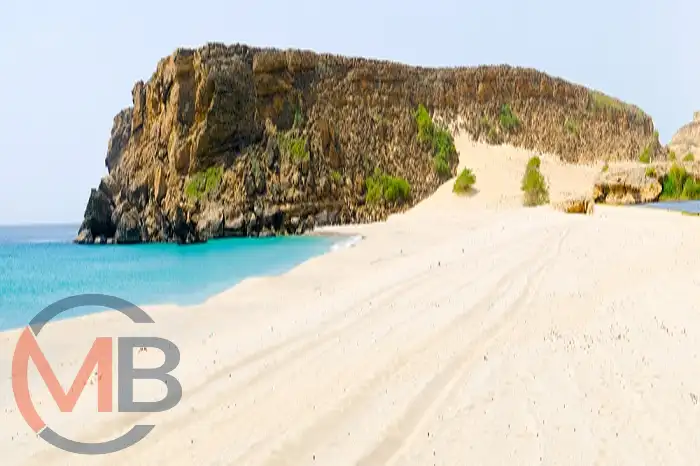
Samahram Old City: A Glimpse into Oman’s Ancient Maritime Heritage
Samahram Old City, located near Salalah in Oman’s Dhofar Governorate, is a historic site that dates back over 2,000 years. Known for its connection to the ancient frankincense trade, Samahram was a thriving port city that played a crucial role in linking Oman to the rest of the ancient world. As part of the UNESCO World Heritage-listed Land of Frankincense, this archaeological site is a must-visit destination for history enthusiasts and travelers looking to explore Oman’s rich cultural heritage.
Why Visit Samahram Old City?
- Historical Significance:
- Samahram was a key hub in the frankincense trade, connecting Oman to ancient civilizations such as Mesopotamia, India, and the Mediterranean.
- UNESCO World Heritage Site:
- The city is part of the Frankincense Trail, recognized for its global cultural and historical importance.
- Well-Preserved Ruins:
- The site features remains of ancient buildings, including a city wall, temple, and harbor structures, offering a fascinating glimpse into the past.
- Stunning Location:
- Overlooking the Arabian Sea and surrounded by the lush landscapes of Dhofar, the site provides a serene and picturesque setting.
Highlights of Samahram Old City
- Frankincense Trade Connections:
- Explore evidence of Samahram’s pivotal role in the ancient trade of frankincense, once considered more valuable than gold.
- Temple of Sin:
- Visit the remains of the ancient temple dedicated to Sin, the moon god worshipped by the city’s inhabitants.
- Harbor Structures:
- Discover remnants of the port facilities that connected Samahram to international trade routes.
- Interpretation Center:
- Learn more about the site’s history and significance through displays and exhibits at the on-site visitor center.
Visitor Information
- Location: 35 km east of Salalah, Dhofar Governorate, Oman.
- Best Time to Visit: October to April for cooler weather; the Khareef season (June to September) adds lush greenery to the area.
- Entry Fee: A nominal fee is charged for access to the site and visitor center.
- Facilities:
- On-site parking, restrooms, and a visitor center with informational displays.
Things to Do at Samahram Old City
- Explore the Ruins:
- Walk through the ancient city’s remains, including its walls, temple, and harbor structures.
- Learn About the Frankincense Trade:
- Gain insights into the city’s role in the ancient world through the exhibits at the visitor center.
- Photography:
- Capture the beauty of the site’s ruins set against the backdrop of the Arabian Sea and Dhofar’s landscapes.
- Combine with Nearby Attractions:
- Visit other sites along the Frankincense Trail, such as Al Baleed Archaeological Park and Wadi Dawkah.
Tips for Visiting Samahram Old City
- Wear Comfortable Shoes:
- The site involves walking over uneven terrain, so sturdy footwear is recommended.
- Bring Essentials:
- Pack water, sunscreen, and a hat to stay comfortable during your visit.
- Respect the Site:
- Avoid climbing on fragile ruins and follow posted guidelines to preserve the site’s integrity.
- Plan a Half-Day Trip:
- Allocate enough time to explore the ruins and visit the nearby interpretation center.
Nearby Attractions
- Al Baleed Archaeological Park: Explore the remains of another key port city along the Frankincense Trail.
- Wadi Darbat: A lush wadi with waterfalls, lakes, and hiking trails.
- Museum of the Frankincense Land: Learn more about the history and significance of frankincense in Oman.
Conclusion
Samahram Old City is a fascinating destination that brings Oman’s ancient maritime history to life. Whether you’re exploring its well-preserved ruins, learning about the frankincense trade, or enjoying the stunning coastal views, a visit to Samahram offers a unique and enriching experience. Add this UNESCO World Heritage Site to your Oman travel itinerary for an unforgettable journey into the past.

